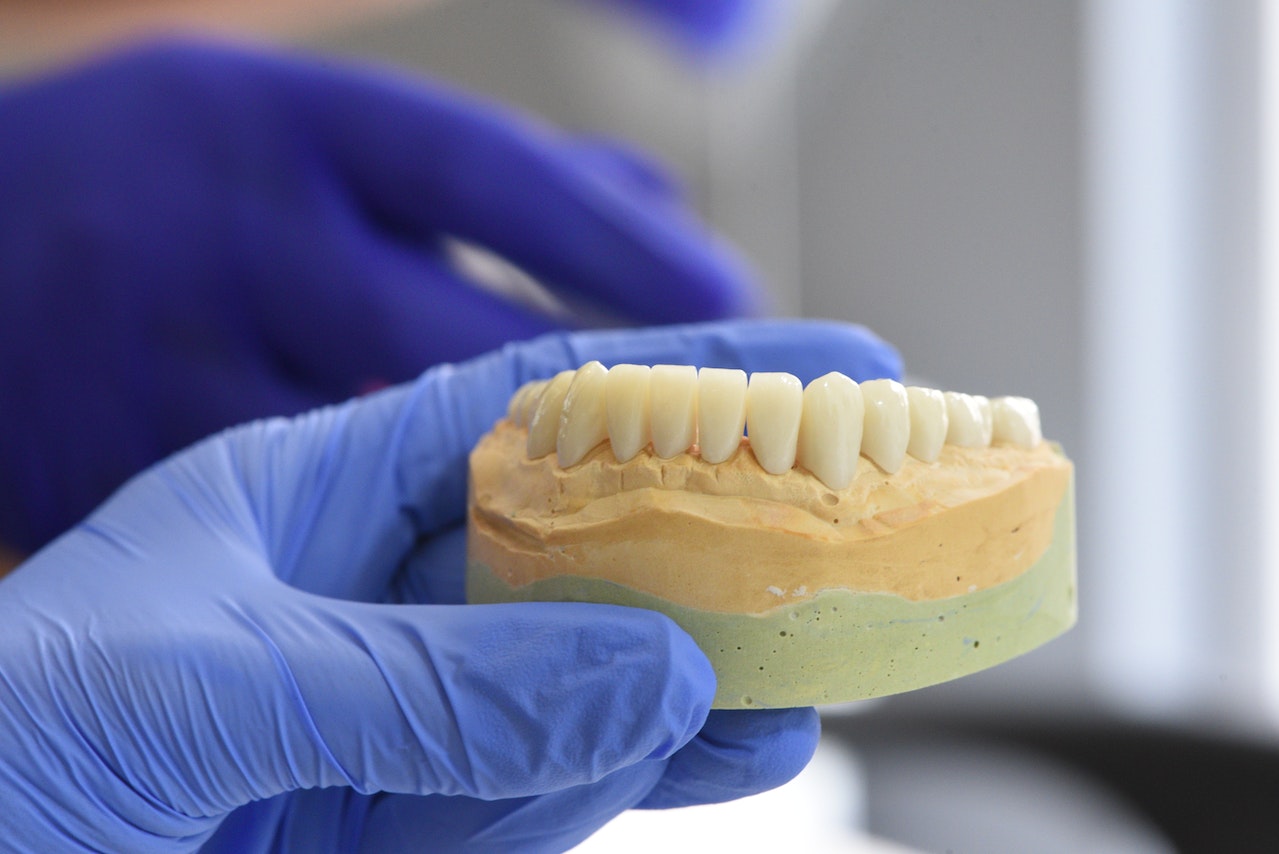Jun
21

Tooth sensitivity is a common dental complaint, and the discomfort associated with this condition can significantly impact oral comfort and even quality of life.
In the following blog, we’re going to take a look at the causes and symptoms of tooth sensitivity, as well as go over some effective strategies for managing it on a day-to-day basis. Let’s take a look!
What is tooth sensitivity?
Tooth sensitivity, also known as dentin hypersensitivity, is a condition characterised by temporary sharp or intense pain in the teeth. The pain is often triggered by stimuli such as cold or hot temperatures, sweet or acidic food and beverages, and even brushing or flossing.
It involves the exposure of dentin – the layer beneath the tooth enamel, containing tiny tubules filled with tiny nerve endings. When exposed to triggers, these nerve endings send a wave of pain towards the tooth’s pulp, resulting in discomfort or sensitivity.
What are the symptoms of tooth sensitivity?
Symptoms of tooth sensitivity can range from mild discomfort to severe pain and are often associated with specific triggers. Patients commonly report a sharp, sudden pain when their teeth come into contact with hot or cold food and drinks, although some may also experience discomfort when consuming sweet or acidic items. In other cases, some might feel pain during routine dental care activities like brushing or flossing.
It’s important to note that the pain from tooth sensitivity is not continuous and shouldn’t be confused with generalised toothache; tooth sensitivity tends to come and go, varying in intensity from person to person. For some individuals, the sensation might last for a few moments, whereas others could experience prolonged discomfort.
Read Next: What is the cost of a dental treatment in London?
What causes tooth sensitivity?
Enamel erosion
Enamel erosion is a primary cause of tooth sensitivity. The enamel, being the hard, protective layer of the tooth, shields the underlying dentin – however, when enamel wears away due to factors such as aggressive brushing, consumption of acidic foods and drinks, or teeth grinding, the dentin gets exposed, leading to tooth sensitivity.
Gum recession
Gum recession, often a result of periodontal diseases or improper brushing technique, can expose the tooth roots which are not covered by enamel. This exposure of the roots, which contain numerous nerve endings, can lead to heightened sensitivity.
Tooth decay or damage
Decay or damage to teeth can also contribute to sensitivity. Cavities, fractured teeth, worn fillings or crowns, all lead to the exposure of dentin, providing a pathway for sensations to reach the nerves inside the tooth.
Dental procedures
Certain dental procedures may temporarily induce sensitivity. Professional cleanings, root planing, tooth restorations, and teeth whitening treatments can cause transient tooth sensitivity. In most cases, this discomfort subsides a few days or weeks after the procedure.
Also Read: Why Does Dental Cleaning Hurt So Much?
How can tooth sensitivity be treated?
In general, managing tooth sensitivity primarily revolves around both in-practice treatments and at-home care. Treatments offered by dental experts include fluoride gel, desensitising agents, or dental sealants, which protect the dentin and reduce sensitivity. If the sensitivity is due to cavities or tooth decay, fillings, crowns, inlays, or bonding may be used. Root canal therapy is considered for severe cases of sensitivity when other treatments are ineffective.
At-home care involves maintaining a meticulous oral hygiene routine to prevent causes of sensitivity. This includes brushing twice a day with a soft-bristled toothbrush and fluoride toothpaste and flossing daily. Desensitising toothpaste, which can block sensation travelling from the tooth surface to the nerve, can be beneficial. Limiting acidic foods and drinks that can wear down tooth enamel also plays a role in managing sensitivity.
How to prevent tooth sensitivity
To prevent tooth sensitivity, you need to invest in effective, consistent oral hygiene practices and a sensible dietary approach. To begin with, ensure to brush your teeth twice a day using fluoride toothpaste and a soft-bristled toothbrush, ensuring gentle brushing to avoid enamel erosion and gum recession. Daily flossing is also essential to prevent gum disease, a contributing factor to sensitivity.
You’ll also want to limit your intake of acidic foods and drinks like citrus fruits, wine, and soft drinks which can erode tooth enamel over time. Alongside this, regular dental check-ups help identify and address any early signs of decay, gum disease, or enamel wear.
Read Next: What Products to Avoid if You Have Tooth Sensitivity
The bottom line
Ultimately, while there is a wide range of treatments available, the key to managing tooth sensitivity is proactive oral care and regular dental check-ups. The adoption of these measures ensures not just the mitigation of sensitivity, but also the promotion of overall dental health.







